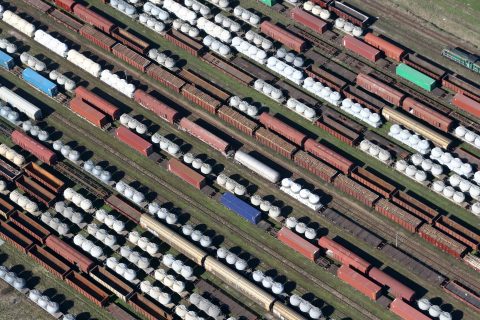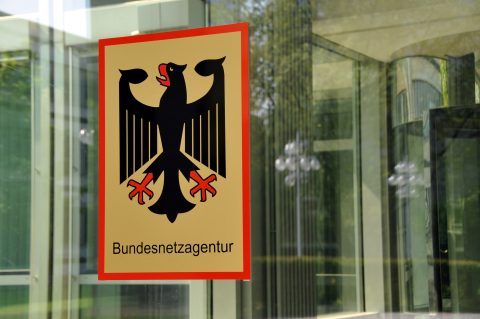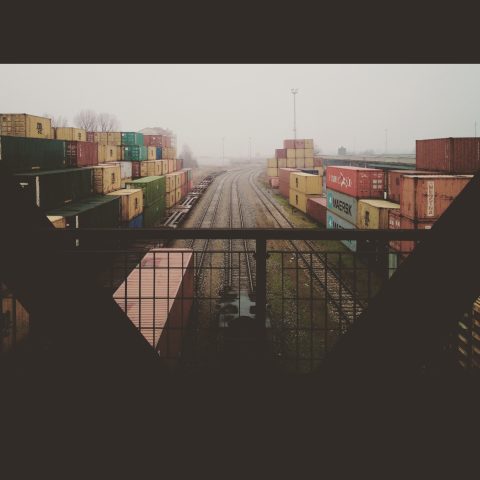‘Neighbouring infrastructure managers need to work together’

The RailFreight Summit 24 is less than one month away. One of the sessions of the event will revolve around the state of the infrastructure to and from Poland. Imad Jenayeh, Senior Business Development Manager at CFL multimodal, will be one of the speakers, and we had a chat with him as a preview of the event.
Jenayeh explained how CFL multimodal adjusts to disruptions along the corridors that connect to Poland, especially in Germany. Moreover, he discussed the need for a more effective dialogue between infrastructure managers from different countries. He then pointed out how cargo safety remains an issue when it comes to Poland and shed some light on CFL multimodal’s future projects.
How do you deal with the frequent disruptions along the German rail network?
Reaching Poland through the West, as CFL does, requires running through Germany, which often means dealing with various disruptions. “The biggest disruptions come from infrastructure upgrades. The main goal is to avoid any cancellation. For example, we plan backup routings”, Jenayeh said. The consequence of such initiatives is that costs rise, and railway undertakings are the ones who have to cover it. Moreover, having backup routes is not always a suitable solution as not all railways can accommodate every train due to differences in tonnages, gradients, loading gauges or driver permits.
Horka is our main border crossing point to Poland. Frankfurt/Oder used to be our entry point when going to Poznan. But capacity issues, track length and planned constructions made us look to Horka. Bad Schandau is used especially for conventional traffic through Czechia and towards southeastern Europe. However, we only have a few trains per month due to construction works through this route. Most of the resources have been allocated for the Germany-Poland border crossing and we want to develop in the southern part of Poland. I can’t imagine we would go back to Frankfurt, but I can’t exclude it either, perhaps in the context of Rail Baltica.
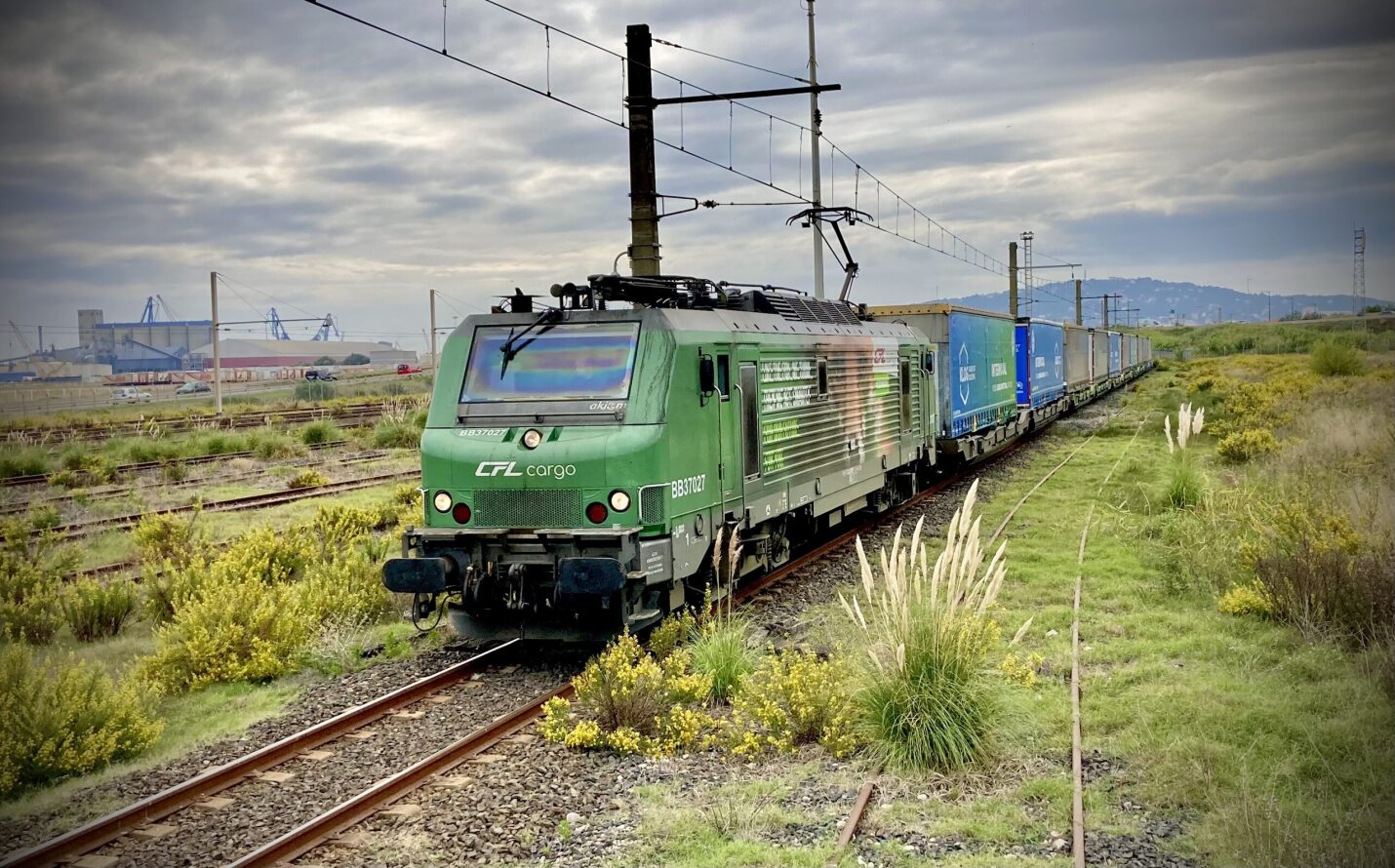
How is the cooperation between the different infrastructure managers, for example when it comes to sections being closed? Do they help in finding alternative solutions or is it up to each company?
CFL multimodal employs cross-border coordinators for all the borders involved in our network. It is up to us to find alternative solutions as national infrastructure managers (IMs) do not always align their works. This means that deviations become more difficult to plan and organise. The IMs are aware of the coordination issues, and we note developments compared to recent years. However, neighbouring IMs must consult each other on the planning of works, particularly on cross-border sections. Currently, each IM is on its own island, especially when it comes to cross-border traffic. Hopefully, we can have a similar approach to the one adopted for the Single European Sky for the aviation industry. Ideally, there should be European railways as well.
Do GER-POL border crossing operations require more attention from institutions and IMs?
Most of our cross-border operations between Germany and Poland work well as we allocated resources to be fully organised to manage the issues. For example, we have trained some of our locomotive drivers such that they can drive in both countries; this smoothens the border crossing procedure. Through the Horka border crossing, we even managed to establish time-sensitive intermodal connections to and from Poland. However, one aspect that still needs to be addressed is security. Paying security companies to make sure that the trains are safe is a significant expense. With that, we try to avoid long stops and the uncontrolled movement of goods. We appeal to Polish IM PKP PLK and the Polish government to really work on this. Cargo safety is currently being handled by the railway companies, and it requires a lot of money.
Are you planning on expanding further than Poland? How can this happen?
We want to connect more Economic Zones in Europe. For example, we already run conventional trains to the Silesian area. In the future, we are planning to connect this area with Luxembourg also via an intermodal train. By establishing an intermodal service to Silesia, we will be in a good shape to serve the southern part of Poland. At the same time, we will be able to connect further east to our network using existing services and our intermodal network. The same could be said for connectivity to the Baltics using our Poznan connection. There are a few challenges concerning the infrastructure and its utilisation rates. The best solution, I think, would be to connect networks from different operators. We are talking with operators active in the Baltics and we are developing a solution to unite our networks. The market will now tell us if it is a valid option.
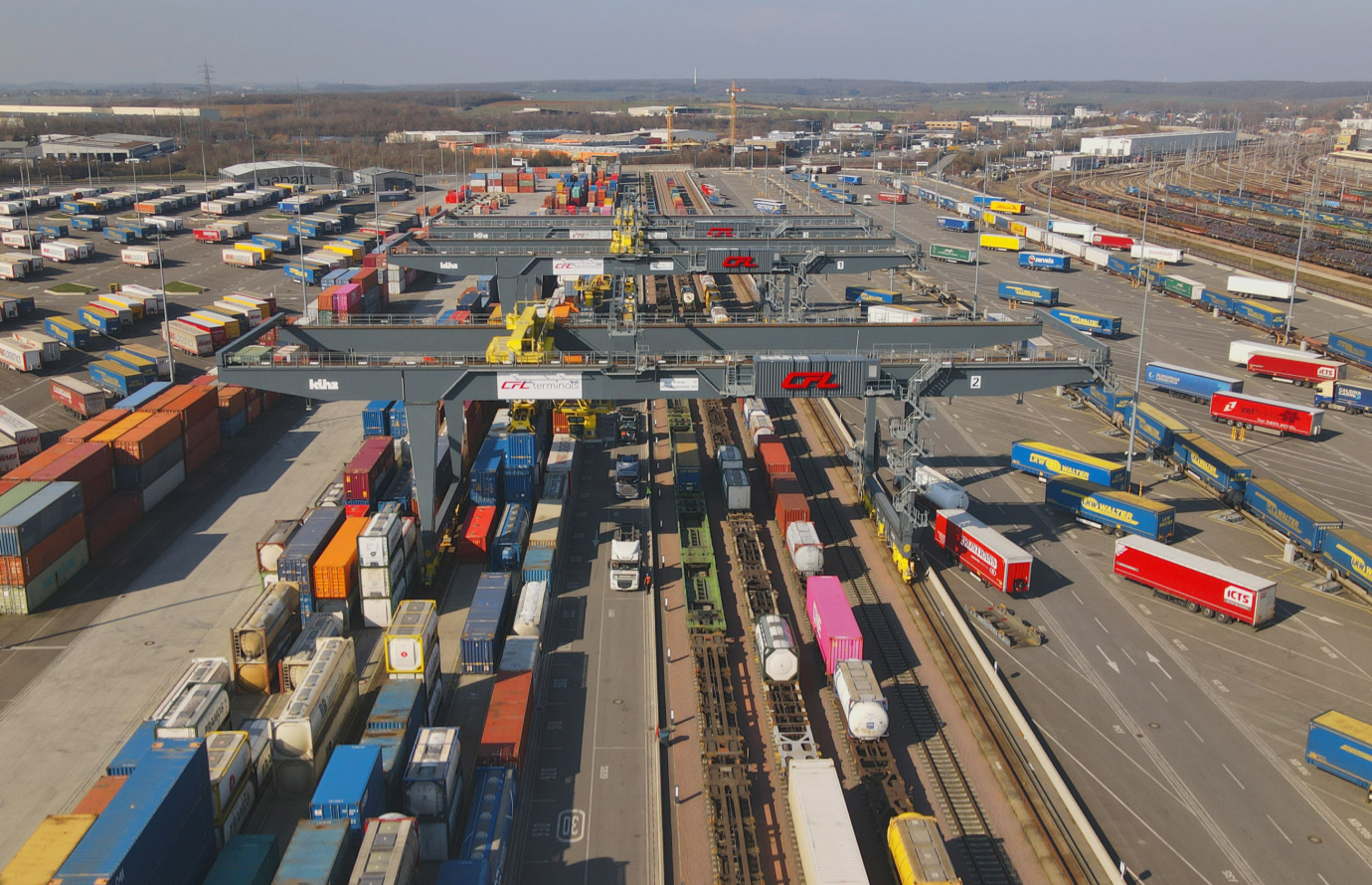
RailFreight Summit Poland ‘24
Jenayeh and CFL multimodal will participate in the RailFreight Summit Poland ‘24. The event will be held in Warsaw, Poland, between 15 and 17 April 2024. It will gather industry players from all over Europe and beyond, as Poland plays a key role in, for example, Eurasian transport. Among the many international speakers already confirmed, there will be representatives from the European Rail Freight Association and the European Bank for Reconstruction and Development.
Moreover, there will be a strong Baltic presence with speakers from Baltic Rail, Rail Baltica and the Lithuanian LTG Group. Operators active on the Eurasian route will also be present, including DB Cargo Eurasia, Metrans and RTSB. You can check the programme of the RailFreight Summit Poland ‘24 here. There will be an opening and closing session, with breakout sessions for participants to choose in between. The event also includes a site tour of the PCC Intermodal Terminal in Kutno. Tickets are now on sale at a reduced price until Thursday 21 March, you can buy yours here.


